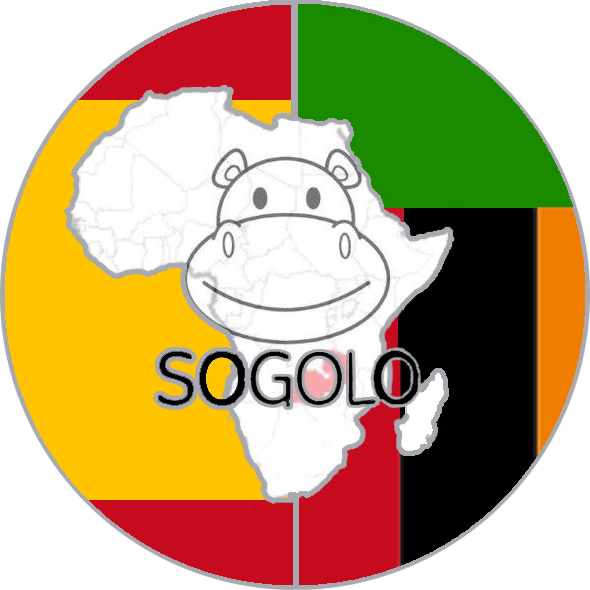Education – United Nations Sustainable Development
Many of you will have heard the term SDGs in the media lately. It is not an easy term to understand: SUSTAINABLE DEVELOPMENT GOALS. In 2015, the United Nations (UN) adopted the 2030 Agenda for Sustainable Development. The aim is to provide “an opportunity for countries and their societies to embark on a new path to improve the lives of all, leaving no one behind“. The UN Agenda has 17 SDGs, ranging from the elimination of poverty to combating climate change, education, women’s equality, improving education, protecting the environment and designing our cities.
A first impression, when looking for their meaning, is whether there is really a will, on the part of the institutions, to pursue sustainable and global development for all. Whether or not there is, we believe it is a mistake to sit back and wait for governments to deliver on the SDGs. It is everyone’s responsibility and obligation to do our bit. Together we all add up, together we are much better.
That is why we at SOGOLO want to contribute our vision:
The first idea is that it is possible, that achiving the SDGs is possible, and it is fair! Because we are born in an economically viable part of the world, we cannot stop being jointly responsible for the poverty and misery in which other people live. No one chooses to be born on a particular continent or in a particular country.
The second idea is that our reference SDG is in SOGOLO’s DNA, in its slogan: EDUCATION TO BUILD A FUTURE. This is SDG No. 4: QUALITY EDUCATION. And it is developed with the following sentence: “Ensure inclusive and equitable quality education and promote lifelong learning opportunities for all“. And why education? Because according to the UN “education enables upward socio-economic mobility and it is key to escaping poverty”. Much progress has been made in recent years, expanding access to education and school enrolment rates at all levels, especially for girls. But much remains to be done…
According to UN data, in 2018, “around 260 million children were still out of school” and “more than half of all children and adolescents worldwide are not reaching minimum standards of proficiency in reading and mathematics“. With the COVID-19 pandemic, the education problem has multiplied exponentially, as the temporary closure of schools “affected more than 91% of students worldwide. In April 2020, nearly 1.6 billion children and youth were out of school. Similarly, some 369 million children who depend on school canteens had to seek other sources of daily nutrition. The plight of many children is highlighted, noting that “never before have so many children been out of school at the same time, disrupting their learning and drastically changing their lives, especially those of the most vulnerable and marginalised children. The global pandemic has serious consequences that could jeopardise hard-won gains in improving education globally“.
At SOGOLO we want to commit 100% of our energy, our enthusiasm and our resources so that the children of the Luangwa Valley in Zambia have a better SOGOLO, with education being the driving force of that future. Together we can all help to train trainers with materials in English, to donate old computers, to send notebooks and pens, to contribute money to the open projects …. Indeed, we have a new project in ihelp:
https://www.ihelp.org.es/en/node/2231
Can you help us to achieve SDG No. 4 in Zambia?
